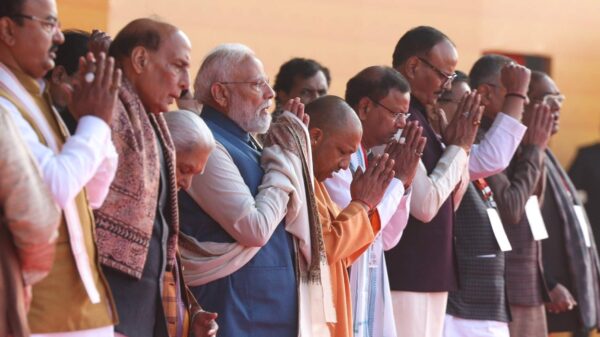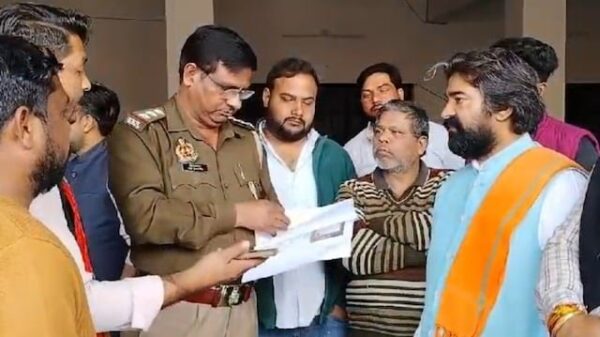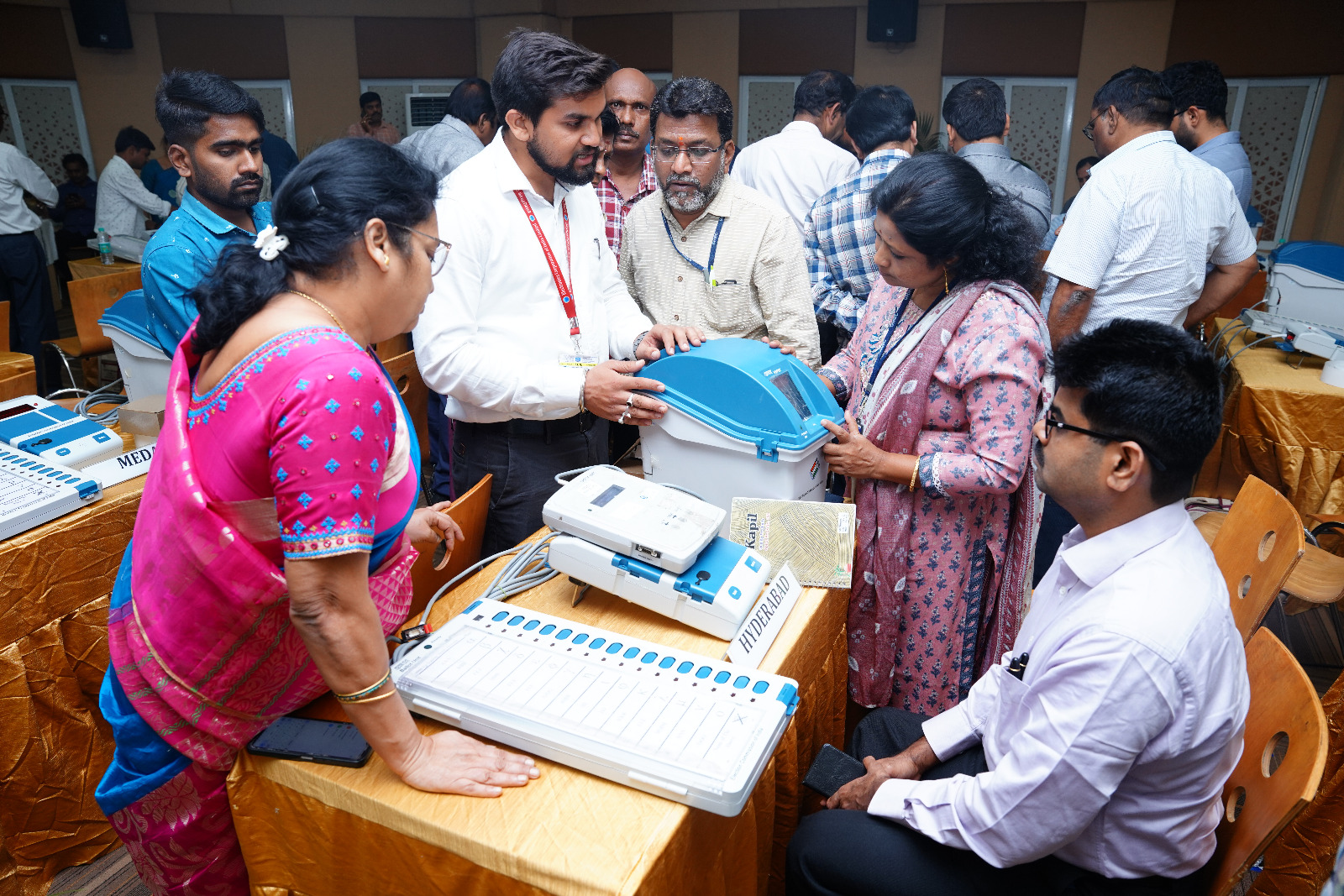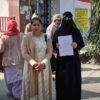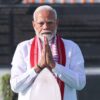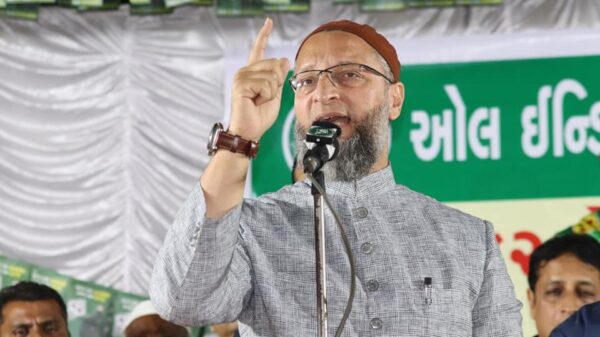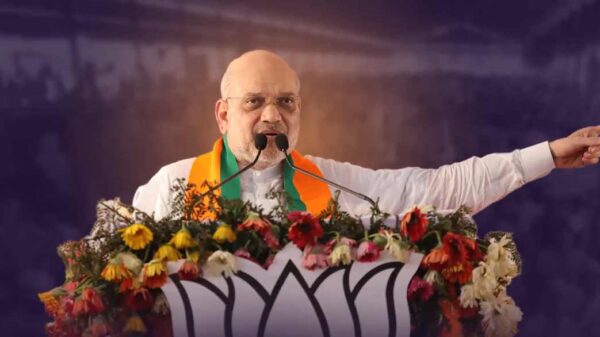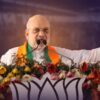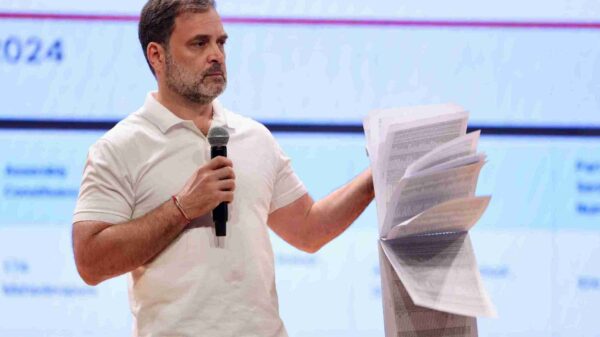The Election Commission of India (ECI) has revealed the schedule for the 18th Lok Sabha elections, marking the commencement of the world’s largest democratic exercise. The elections will be conducted in seven phases from April 19 to June 1, with the counting of votes scheduled for June 4.
With nearly a billion eligible voters, spanning over 81 days, and involving over 10 million polling and security personnel, this election process is unprecedented in scale. Chief Election Commissioner Rajiv Kumar, along with newly-appointed Election Commissioners Gyanesh Kumar and S.S. Sandhu, urged voters to participate actively, emphasizing that “elections belong to you.”
The announcement of the election schedule also triggered the implementation of the Model Code of Conduct, halting government announcements of new schemes and the use of government machinery for electioneering.
In addition to the Lok Sabha elections, the ECI also announced the schedule for Assembly elections in Andhra Pradesh, Arunachal Pradesh, Odisha, and Sikkim, with polling to be held concurrently with the Lok Sabha elections. Furthermore, bye-elections to 26 Assembly seats across states were announced.
A staggering 96.8 crore voters, including women, persons with disabilities, transgender voters, and service electors, are eligible to cast their votes. The presence of 1.8 crore first-time voters and a significant number of young voters underscores the dynamic nature of India’s electorate.
The ECI has expanded the number of polling stations to 10.48 lakh, and the polling exercise will involve extensive logistical arrangements, including the deployment of polling and security officials, electronic voting machines (EVMs), and vehicles.
The elections will unfold across seven phases, with various states going to the polls on different dates. West Bengal, Uttar Pradesh, and Bihar will witness elections throughout all seven phases, reflecting the strategic distribution of polling across the country.
CEC Rajiv Kumar highlighted the challenges faced by the EC, including muscle power, monetary influence, misinformation, and violations of the Model Code of Conduct (MCC). The EC is implementing measures such as integrated control rooms, webcasting in sensitive booths, and drone-based monitoring along international borders to ensure a fair and transparent electoral process.







